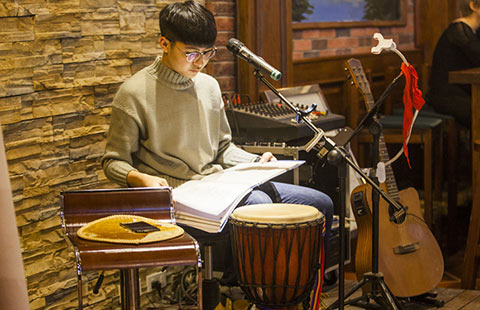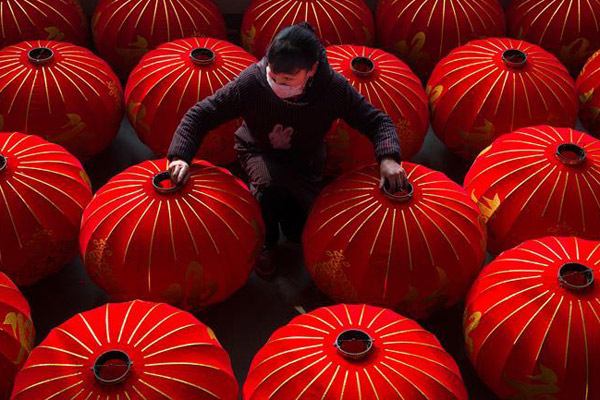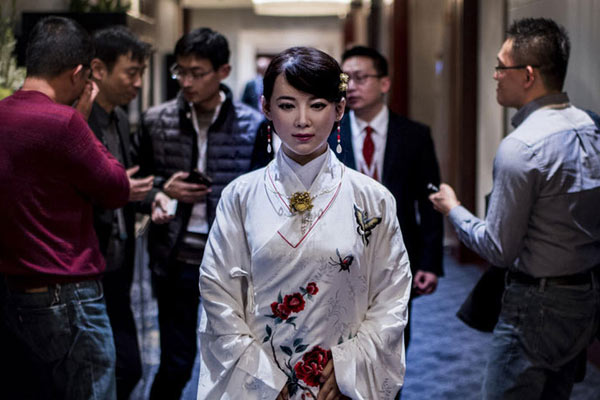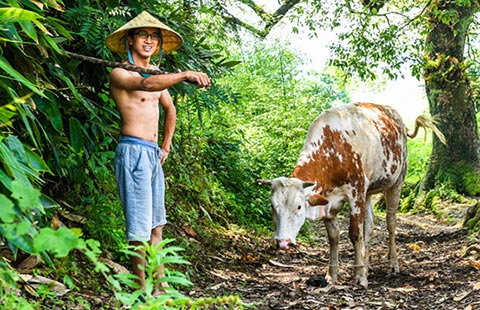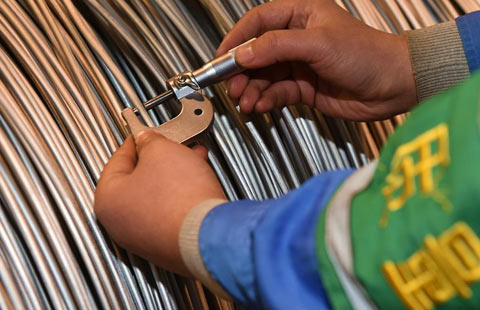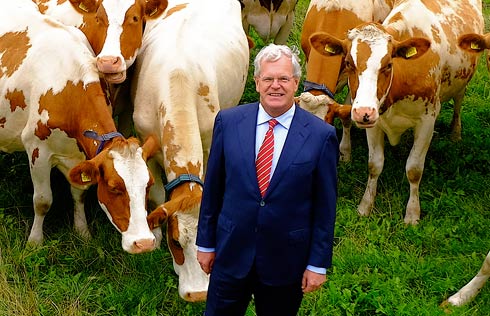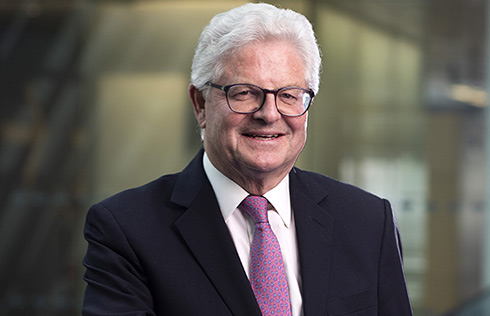Nation proves crucial lifeline for African mining sector
Power, a veteran of the African mining scene who was speaking from his huge flat in central Cape Town bedecked with African artifacts, said many observers do not do their sums.
"People don't understand the mathematical mechanics of compound interest. China's growth might have slowed slightly but the base is huge. Last year China added another Australia to its GDP, by 2018 this will be another Germany and by 2021, another Japan and that will be every year. The volume demand for resources will not decline," he said.
The significance of China at this year's Indaba was further reinforced by the first-ever official Chinese delegation led by Wang Min, China's vice-minister of land and resources.
He told the conference the number of Chinese mining investment projects in Africa accounted for 34 percent of its global total and 22 percent by value.
"Mining is a traditional area for Chinese investment in Africa. Chinese mining companies have made progress in their mining investment projects in South Africa, Zambia, Angola, the DRC, Sudan and other countries promoting local employment and economic development."
He said there was a natural synergy between resource-rich countries in Africa and countries such as China that had huge markets.
"China and Africa need to deepen practical cooperation in the mining sector. We need to strongly implement the agreements on mineral exploitation, investment and mineral commodities trade," Wang said.
Chinese resources companies such as China Nonferrous Metal Mining (Group), CITIC Group Corp, China National Petroleum Corp, China Railway Resources Group and Beijing Haohua Energy Resources Co have been dominant players in Africa over the past decade or more.
Power at Investec said that in the first half of the past decade it was Chinese companies that were calling all the shots in Africa.
"The Chinese came in and pretty much did it 100 percent the way they wanted to do it. As a result, in this first generation of engagement they might have been a little brusque about local sensibilities," he said.
More recently, China has faced increasing competition in Africa from other players in the resources sector.
PPT Exploration and Production, the Thai state-owned group, acquired major oilfields in Mozambique with its acquisition of the Irish company Cove Energy last year.
This came not long after Pertamina, the Indonesian state-owned energy company, paid a record price for an Angolan oil block, beating off competition from its Chinese rival Sinopec.
"These investments show that China is no longer the only kid on the block. It might still be the main kid on the block, but it is certainly not the only one," Power added.
"You not only have the Indonesians and the Thais, but the Brazilians have also come in. Even the copper belt in Zambia is now more Indian than it is Chinese."





